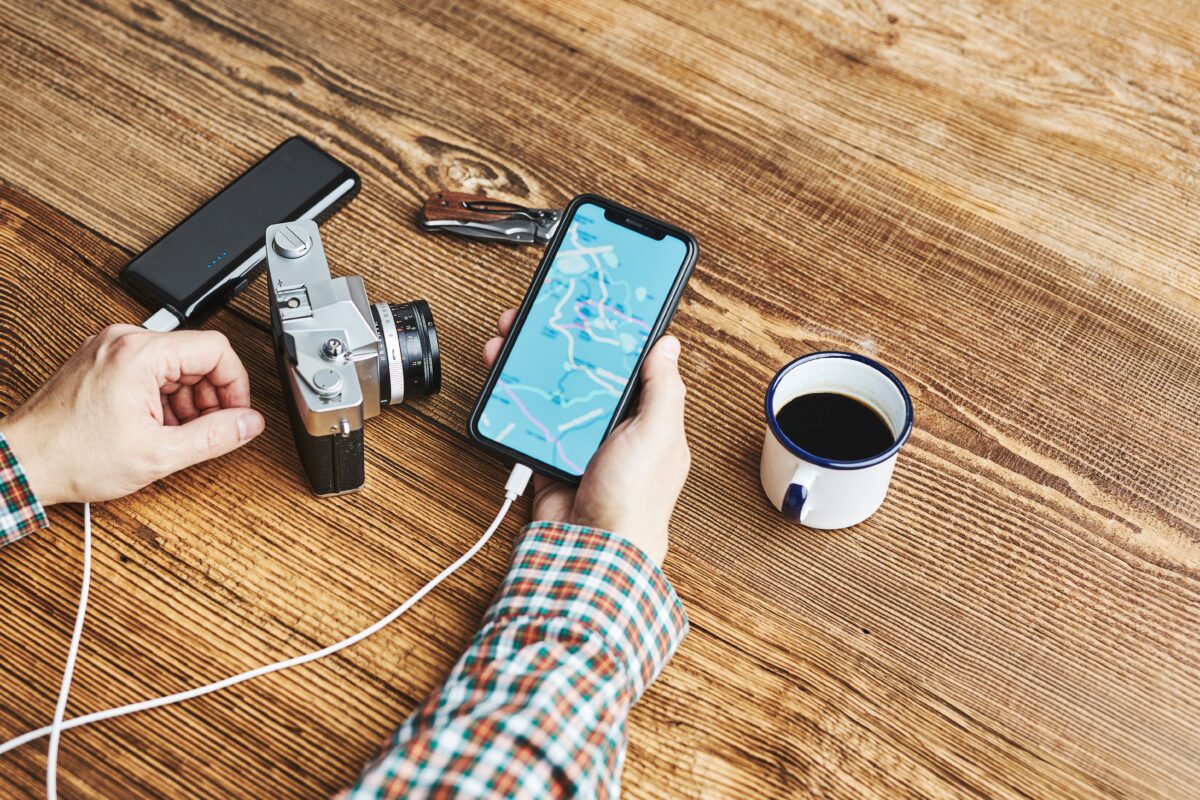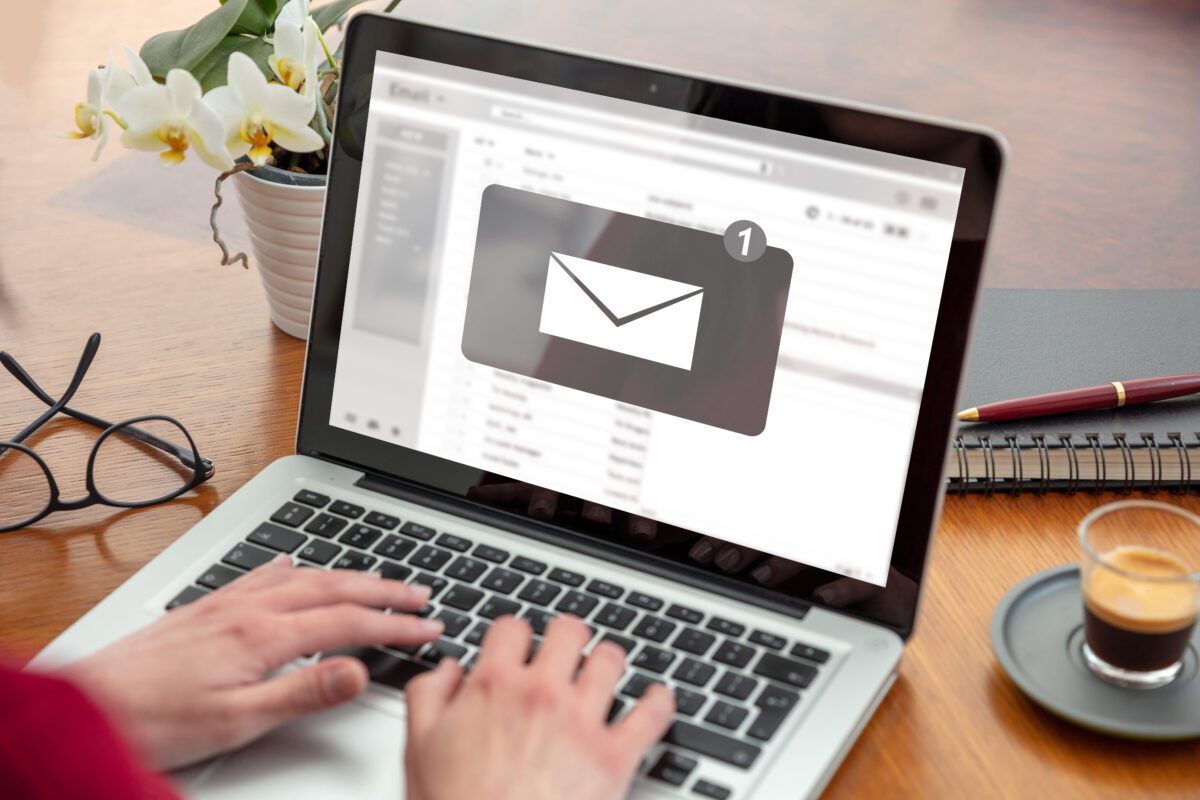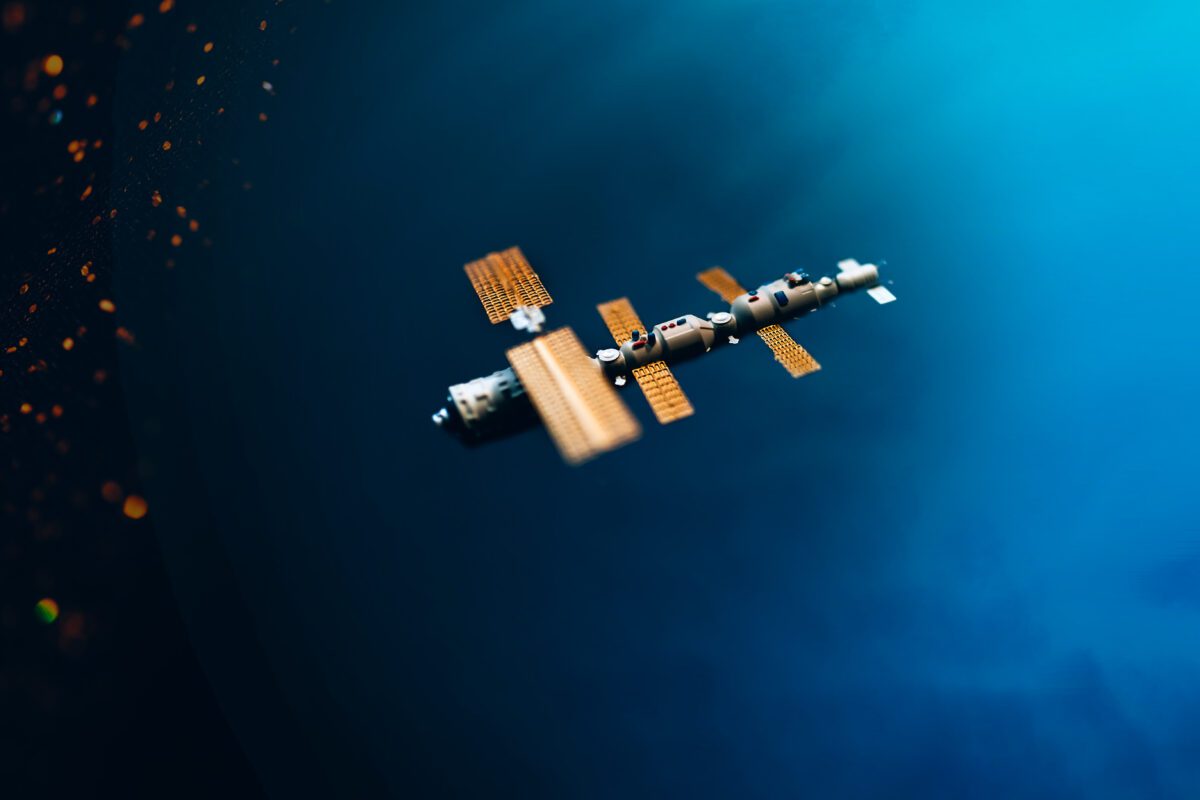- Fast shipping within the US
- Money back guarantee within 30 days

How does the GPS data logger work, and what are the differences compared to a GPS tracker?
Our Services for You
Free Shipping within USA
Popular Payment Methods like PayPal
Fast Delivery Time of 1-3 Days within USA
Buy Without Risk: 30 Days Return Policy
The main function of a GPS data logger, like a GPS tracker, is to record the location position.
However, these data are stored on an internal memory in the device and cannot be directly viewed in real-time. They can only be accessed afterward using a PC and specialized software for reading and analyzing.
At first glance, the operation of a GPS data logger and GPS tracking using a GPS tracker may not seem very different. Both record location data through a GPS signal. However, there are significant differences between the respective devices. Below, you can get an overview of these differences. The comparison is based on the GPS trackers offered in the Salind Online Shop.
GPS Logger
GPS Tracker

GPS data loggers record all traveled routes over a specific period. To view the recordings, a computer is necessary as these devices do not have a display to track the route.
The device stores so-called waypoints on an internal memory card, and these location coordinates are determined using GPS satellites. These positional data reconstruct the entire traveled route afterward in the form of many individual waypoints.
The use of these technologies is entirely without an app. The data is loaded onto a PC for evaluation after the trip, either using a cable or via Bluetooth. With the appropriate program, the files are then visualized and can be presented on a map. Additionally, a view in OpenStreetMap is possible, and it’s also feasible to view multiple trips on a map. This route description can then be used online in other ways.
GPS loggers can save location coordinates based on routes or the required time. The setting of the desired interval is also done on the computer, not in an app.


In the background, the GPS data logger records everything without using much battery, preserving the device’s battery life and allowing for use over multiple consecutive days. The integrated memory card reliably records all coordinates, and if desired, they are also available as emails in the inbox at specific times. Alternatively, they can be transferred to OpenStreetMap or the user’s own Dropbox at desired intervals.
Due to the limited range of features, GPS data loggers are mostly used on already known or predefined routes. However, their battery life is more enduring. Hikers often use GPS loggers for their routes, especially on trips lasting several days.
In contrast to the GPS logger, the GPS coordinates with all details are directly available to the user. The size is similar; GPS trackers are also small and portable. However, they offer the clear advantage that each saved location can be viewed immediately after recording. Due to the constant data transmission, the battery life is shortened, and the system does not run in the background but works and sends continuously. They always operate with a suitable app, and the received signals from GPS satellites are processed and available there.


GPS products can be used versatilely in almost every area, allowing for continuous monitoring of the location of people, animals, or valuables. For many users, this measure is an investment in the theft protection of vehicles.
The device is controlled through an associated app, and within the menu, every location can be viewed in real-time. Additionally, multiple GPS devices can be interconnected within the app, providing a comprehensive overview.
Within the app, the user can set alarms and adjust parameters at any time. Once a predefined alarm is triggered, the user receives a notification in the app. Therefore, this GPS module serves not only for location and route tracking but can also be used for security and protection.
Buy hereWith a tracker, for example, one’s own car can be secured by connecting the device to the car battery and placing it in the engine compartment or hiding it in the interior of the vehicle, depending on the connection and power source. In the app, the user can digitally fence their garage or set a radius that must not be left. These devices can also be used in the car and in everyday life for navigation or calling for help, and the file with the current location can be easily sent via the app.
Due to the various functions and flexible use, the GPS device does not offer as much battery life as the GPS data logger. Thus, the tracker’s battery needs to be regularly charged, and an alarm within the app notifies when it’s necessary. Since data is constantly transmitted, the same level of privacy is not provided as with a GPS data logger; the application runs continuously. Also, the service for these devices incurs a monthly cost, with prices varying depending on the chosen package and provider.
View products

All saved files and each location are stored on the provider’s server; the information is always accessible and ready. Whether in the app or on the online portal on the PC, the user can view everything on one page. When used for navigation, the chosen route can be adjusted as desired, providing much more flexibility, and no fixed planning is necessary.
Unlike a GPS data logger, there are significantly more advantages for the user, so it’s important to research before making a purchase and carefully examine the device’s description. Depending on the intention, a simple data logger may already be sufficient. They are much cheaper to purchase and maintain but offer the user less convenience in use.
Order here